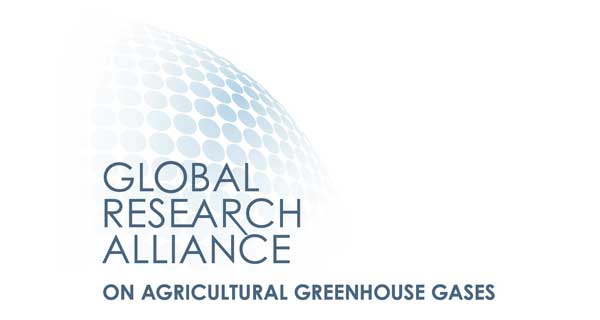Satellite monitoring of quantity and quality of available biomass in pastoral livestock systems
 Argentina
Argentina
 Colombia
Colombia
 Costa Rica
Costa Rica
 Uruguay
Uruguay
Executive Summary
Pastoral livestock production contributes 46% of agricultural GDP and is key to LAC's food and social security. Currently, pastoral bovine production systems face the challenge of increasing their profitability by reducing their environmental impact, since high costs and a growing concern about their contribution to global warming threaten their development. Knowing the quantity and quality of available biomass is key to making management decisions that improve the productive efficiency and profitability of these livestock systems, while enabling the monitoring, reporting and verification of the effect of GHG emission mitigation strategies. However, frequent field measurements that cover an entire property are expensive and often impractical. Over the last five years, the availability of satellite data on a spatial and temporal scale compatible with weekly management decisions of individual paddocks has advanced enormously, and prediction models of the quantity and quality of biomass based on remote sensors are starting to appear. For this technology to result in productive improvements, it is necessary to have reliable, locally validated models and mechanisms that make the information available to different users. The main objective of this project is to lower the cost of estimating in real time and with adequate precision the quantity and quality of biomass available in pastoral livestock systems through a satellite tool. The project is funded by the New Zealand Government as part of its contribution to the Global Research Alliance on Agricultural Greenhouse Gases (GRA).
The technological solution
Lower the cost of estimating in real time and with adequate precision the quantity and quality of biomass available in livestock systems in LAC through a satellite tool.
Results
Three key tools were developed to advance satellite-based grassland monitoring: a field survey protocol, a mobile application to record field observations (biomass and forage quality), and a web platform to visualize collected data and assist with sampling activities. These tools enabled the consolidation of a monitoring network with the active participation of over 79 researchers and technicians.
Currently, the database includes more than 1300 matched observations combining field data and satellite imagery, covering different forage resources. These data are being used to calibrate models for predicting forage quantity and quality. Using a subset of 755 observations from various regions of Argentina, the performance of machine learning models (Random Forest) was evaluated for biomass prediction using spectral indices derived from Sentinel-1 and Sentinel-2 satellite imagery. The general model yielded an average prediction error of 1100 kg DM/ha (99%). In a subset focused on rotationally grazed pastures in Balcarce, the error was reduced to 544 kg DM/ha (42%). These results indicate that reducing environmental heterogeneity significantly improves estimation accuracy, and that expanding the database is essential to strengthen the models and enhance their applicability across different production contexts.
With this in mind, the project has designed and is currently testing two simplification methodologies (spatial and temporal) that rapidly link field observations with satellite data, enabling system-scale biomass estimation. These tools are being implemented and validated in real-world grazing systems, while also contributing to the expansion of the database to support the development of more accurate predictive models. This represents a step forward in delivering practical solutions for grazing management and promotes the adoption of satellite technology in the agricultural sector. To date, dissemination activities (videos, workshops, talks) have reached over 1500 people.
Beneficiaries
The direct beneficiaries of the project are, on the one hand, livestock producers in pastoral systems of Argentina, Uruguay, Colombia and Costa Rica, who will have information that will allow them to improve grazing management decisions and therefore forage harvesting and profitability of their systems; and on the other hand, the government entities in charge of GHG emission inventories that will be able to more accurately quantify the magnitude and intensity of GHG emissions and thus monitor, report and verify the effectiveness of national mitigation policies.
Sustainable Development Goals







Project news
Participating Organizations
Executor
- Instituto Nacional de Tecnología Agropecuaria (INTA) - Argentina
Co-executor
- Instituto Nacional de Innovación y Transferencia en Tecnología Agropecuaria (INTA) - Costa Rica
- FACULTAD DE AGRONOMÍA. UNIVERSIDAD DE BUENOS AIRES (FAUBA) - Argentina
- Instituto Nacional de Investigación Agropecuaria (INIA) - Uruguay
- Corporación Colombiana de Investigación Agropecuaria (AGROSAVIA) - Colombia
Associated
- Asociación Argentina de Consorcios Regionales de Experimentación Agrícola (AACREA) - Argentina
- Global Roundtable for Sustainable Beef (GRSB)
- Cámara Nacional de Productores de Leche (CNPL-CR) - Costa Rica
- MGAP - Uruguay
Graphics and data
Financing by country (in USD)





















































